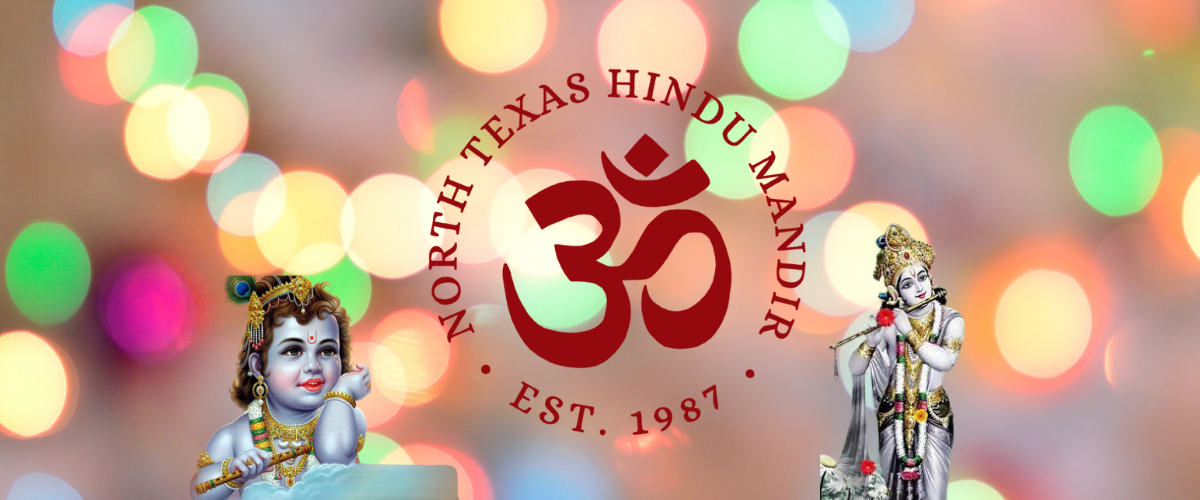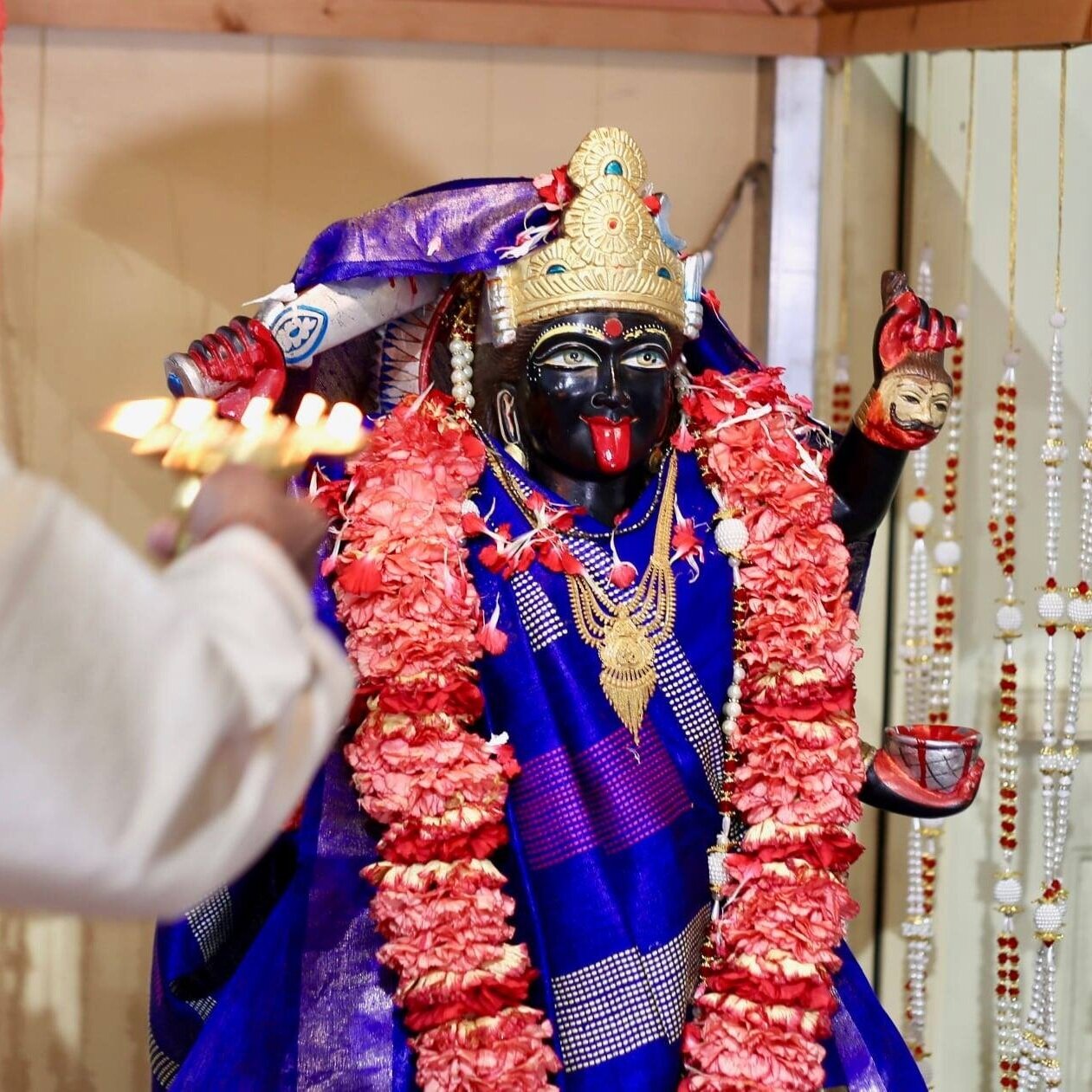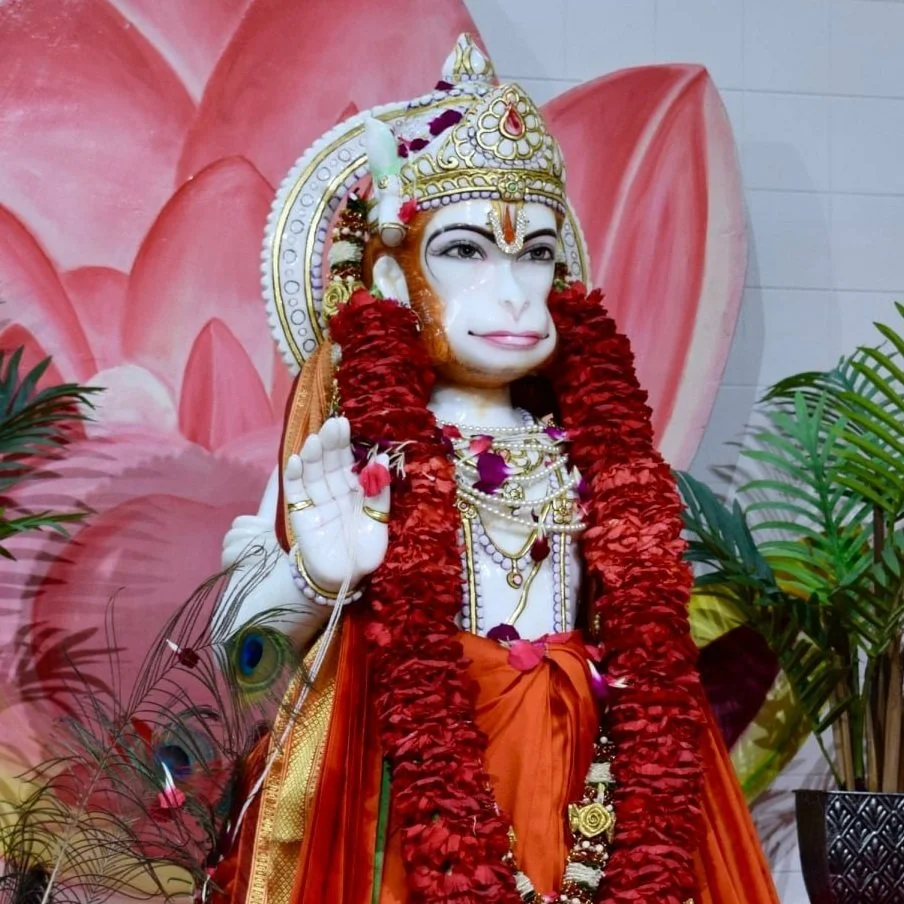
North Texas Hindu Mandir was founded by members of the Caribbean and South African Hindu diaspora.
N.T.H.M. provides an open and welcoming place in the community for people of all faiths.
UPCOMING EVENTS
Yagmaan and Mahaprasad Sign-Up Form
LEADERSHIP
Our leadership team bring years of experience as well as new executives members to build on the foundation that was created over 30 years ago.
SERVICES
Check out our Sunday Service Schedule and the other services we offer throughout the week!
MEMBERSHIP
North Texas Hindu Mandir provides two levels of membership, Annual and Lifetime. Below, you will find information and forms for each Membership type.

OM BHUR-BHUVAH-SVAH
TAT-SAVITUR-VARENYAM, BHARGO DEVASYA DHIMAHI
DHIYO-YO-NAH PRACHODAYAT
Oh Omnipotent God, the giver of Life, remover of pains and sorrows, giver of happiness and the creator of the universe! You are most luminous, pure and adorable. We meditate on You. May You inspire and guide our intellect in the right direction.


